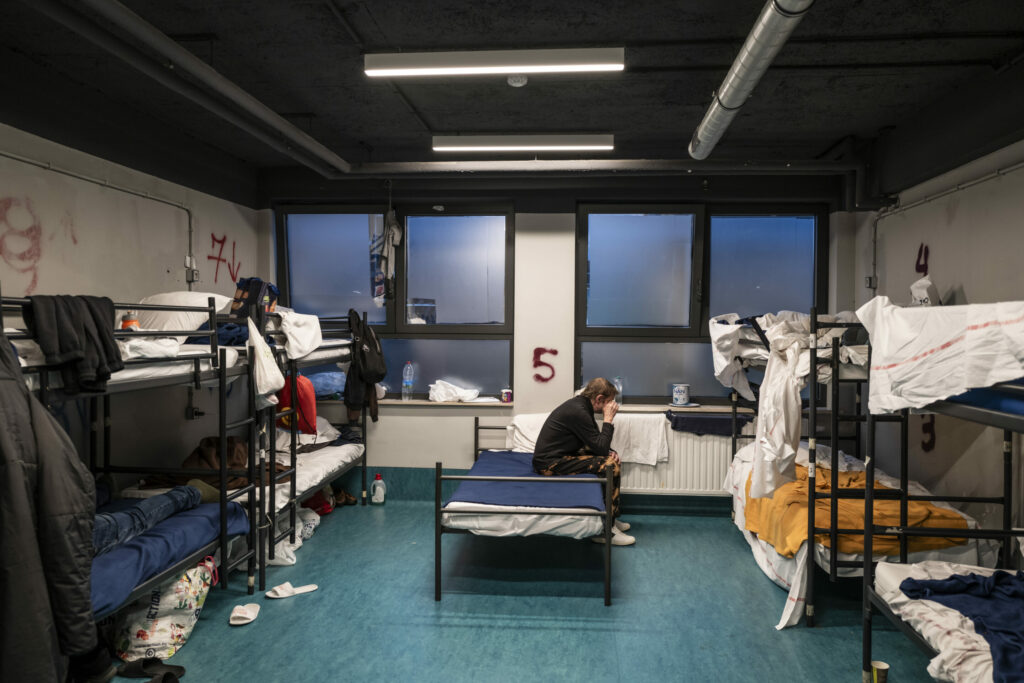With under week to go before the elections, and after more than 15 years of structural support for the homeless population of Brussels, homelessness is on the increase in the Brussels-Capital Region.
In view of the increase in the number of homeless people and their "more vulnerable profiles," two non-profits are calling on "the various political levels to adapt to the changing reality of the street," according to a joint press release by the humanitarian organisations Médecins du Monde (Doctors of the World) and Samusocial.
Over recent decades, the number of people living on the streets has soared. While 1,724 homeless people were recorded during the very first census of homeless individuals in Brussels in 2008, this figure increased to 7,134 by 2022.
"This represents an increase of nearly 400%, which also translates into an exponential increase in medical needs on the streets," highlight Médecins du Monde and Samusocial.
Profiles at greater risk
At the same time that homelessness is on the rise, the number of fragile profiles is also more prevalent.
"The ageing of the population" is increasingly reflected on the streets, explains Julie Bottu, Quality Director at Samusocial. Chronic illnesses, most often cancer or diabetes, are more frequent among older people. In addition, there are more single women, mothers, and unaccompanied minors every year, notes Julie Bottu.
"Each of these profiles has specific and complex care needs, which makes our work in the reception centres all the more difficult," explains Pierre Van Heddegem, head of Belgian projects at Médecins du Monde. He denounces the "seasonal logic" of centres closing after winter is over, "and causing sudden and sometimes dangerous breaks in care."
Van Heddegem also highlights the failure of Fedasil's (Federal Agency for the Reception of Asylum Seekers) policy for non-Ukrainian refugees, which pushes many migrants or refugees onto the streets or into squats with no access to medical care.
The non-profits explain that homeless people are more mentally vulnerable and have a higher risk than average of developing depression, addiction or psychosis. With the Covid-19 pandemic and the energy crisis, homeless people "found themselves more quickly in a downward spiral towards homelessness."
Samusocial and Médecins du Monde are calling for a response from politicians. They demand to keep centres open all year round rather than in winter only, and require "inclusive legislation that protects vulnerable people and does not exclude medical care."

